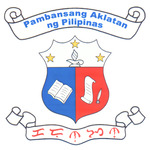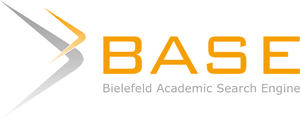Impact of Policy Implementation on Education Quality: A Case Study on Philippines’ Low Ranking in International and Local Assessment Programs
Keywords:
Curriculum, policy implementation, PISA, assessment, Enhanced Basic EducationAbstract
In the recent report released by the Programme for International Student Assessment (PISA), the Philippines was ranked as one of the lowest in Mathematics, Science, and Reading Comprehension among 79 participating countries. The country also ranked low in other assessment programs, including TIMSS, SEA-PLM, and NAT. Despite the educational reforms established to improve the Philippine Education System, the Philippines remains low and significantly below its neighboring countries regarding quality education. Therefore, this study (1) describes how the Department of Education has undertaken the objectives of R.A. 10533, (2) determines the effect of policy implementation on the ranking of Philippine education quality in local and international assessment programs through the perspective of education experts, and (3) identifies the importance of local and international assessment programs in analyzing the current condition of education quality in the Philippines. This research has employed a qualitative approach using thematic analysis on narratives coming from (1) DepEd-OUCI, (2) DepEd-BEA, and (3) Education Policy experts, as well as documents used by the Department of Education and the Curriculum Consultative Committee. This study concludes that there are still challenges plaguing the implementation process. Hence, the need for further improvement in certain aspects is enumerated in this research. Moreover, considerable discrepancies in the disorganized and incoherent implementation system amongst and within the Department of Education, administrators, and other stakeholders, as well as confounded policy interpretation due to system instability, were all deduced.









